Newsletter

Setting Up a Foreign Investment Company in Indonesia with One Shareholder - Is it Possible
Mar 08, 2023
The Government Regulation in Lieu of Law Number 2 of 2022 on Job Creation has amended Law Number 40 of 2007 on Limited Liability Company ("Law 40/2007"). The amendment has introduced new provisions on the requirements for the establishment of a limited liability company, including the shareholders' requirements. Before the amendment, Law 40/2007 stipulated that a limited liability company must be established by at least two shareholders. However, after the amendment, Article 7 jo. Article 153A (1) Law 40/2007 allows for the establishment of a company by only one shareholder, but only if the company...
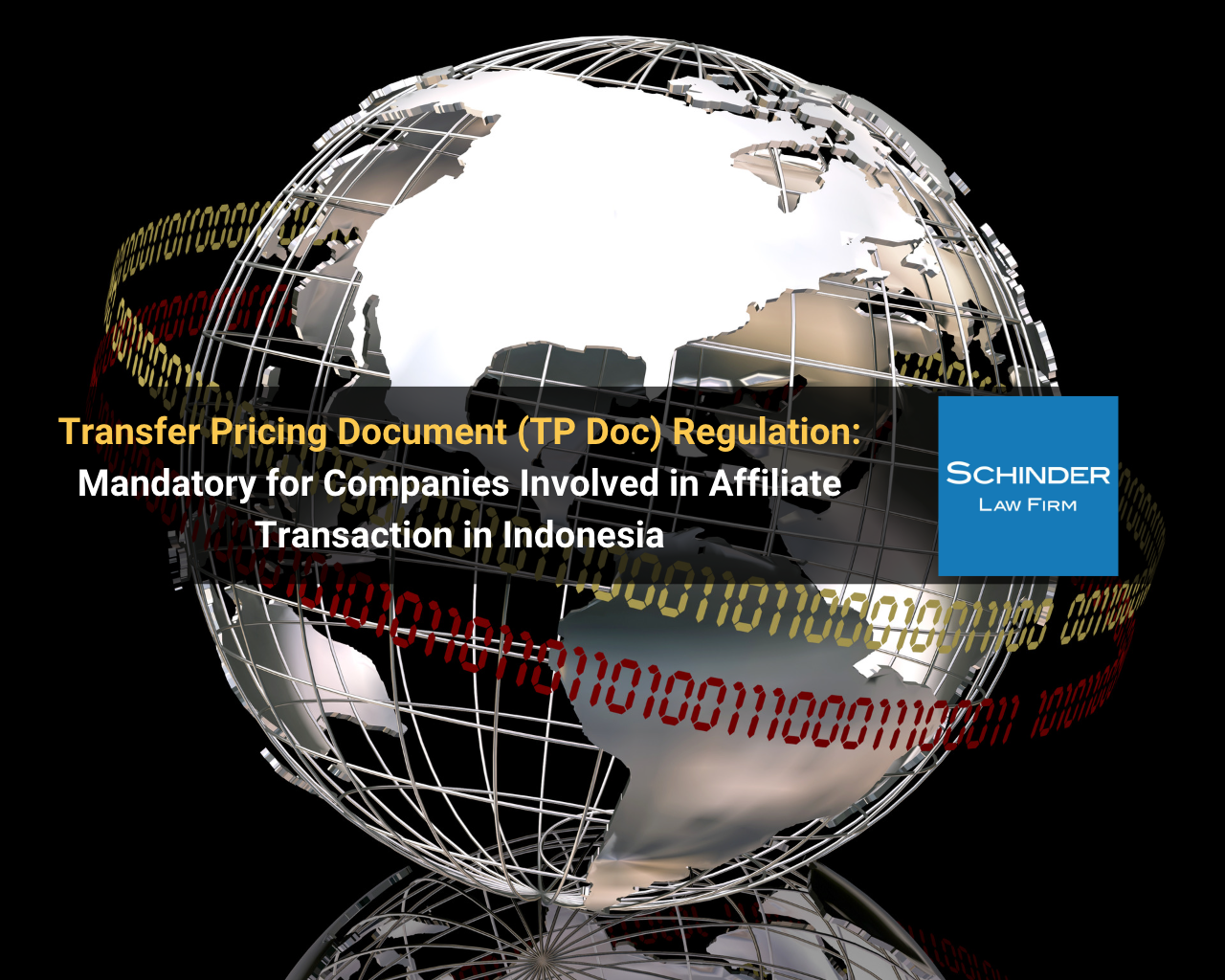
Transfer Pricing Document (TP Doc) Regulation: Mandatory for Companies Involved in Affiliate Transaction in Indonesia
Mar 01, 2023
It is very common for a foreign investor to provide a capital loan to its subsidiary company in Indonesia. Pursuant to the tax issues on such transactions, Action Plan 13 has been implemented as a regulation in Indonesia. It is part of the Base Erosion and Profit Shifting (BEPS) Action Plans. In order to make investment to Indonesia easier, the Ministry of Finance has enacted Minister of Finance (PMK) Regulation Number 213/PMK.03 / 2016...
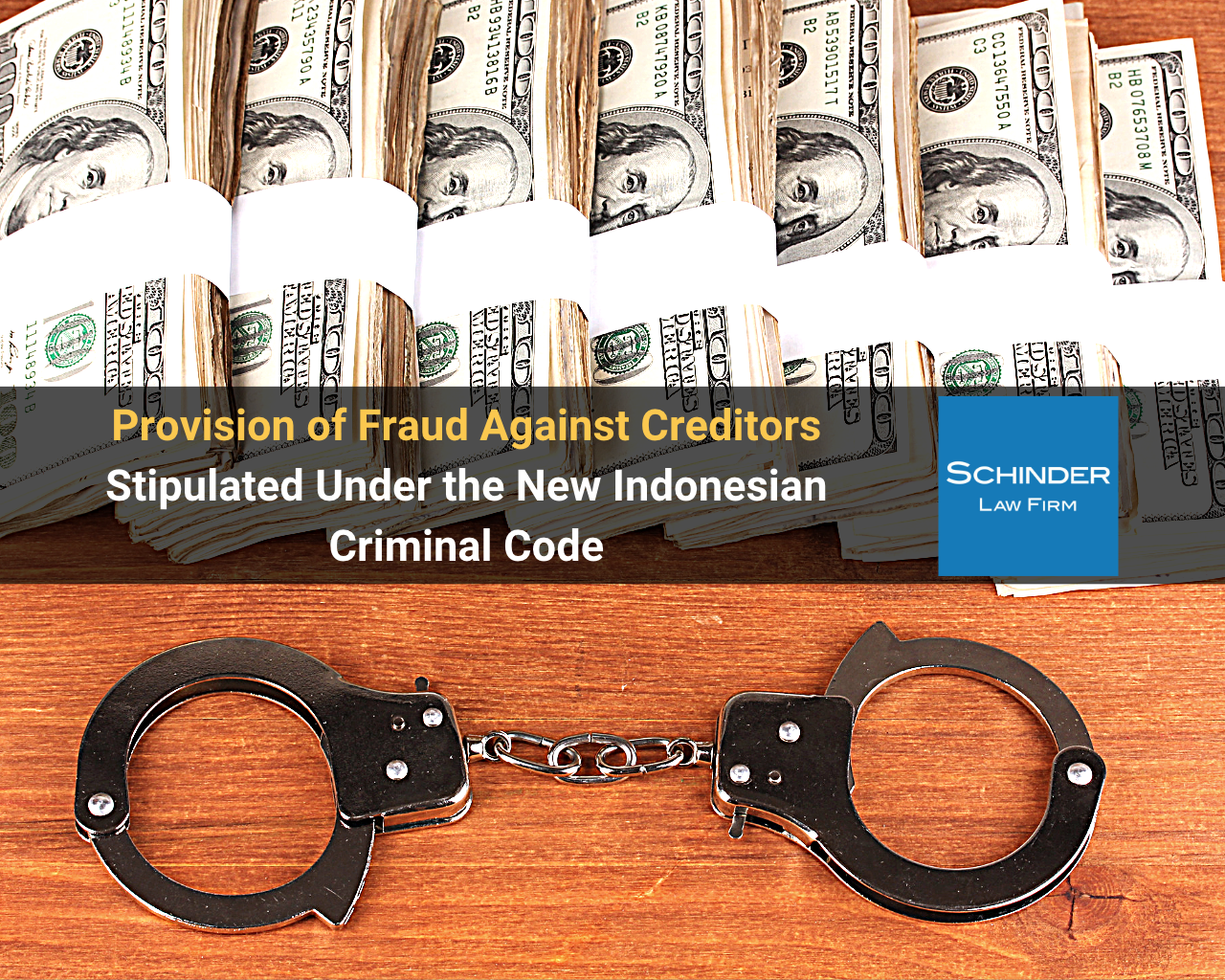
Provision Of Fraud Against Creditors Stipulated Under the New Indonesian Criminal Code
Feb 23, 2023
Frauds against creditors discussed in the new Indonesian Criminal Code are against a creditor who is facing bankruptcy. Before the enactment of Law No. 1 of 2023 on the Criminal Code ("New Criminal Code") of law in Indonesia, the criminal provisions in bankruptcy have been stipulated in Law No. 1 of 1946 on Criminal Regulations ("Old Criminal Code") of regulation in Indonesia. In the Old Criminal Code, the criminal provisions on bankruptcy are stipulated in Chapter XXVI under the title Acts Detrimental to Debtors or People Who Have Rights, whilst in the New Criminal Code, they are stipulated in Chapter XXVIII under the title Crime Against Confidence in Conducting a Business. The acts qualified as fraud in the New Criminal Code are still the same as stipulated in the Old Criminal Code.
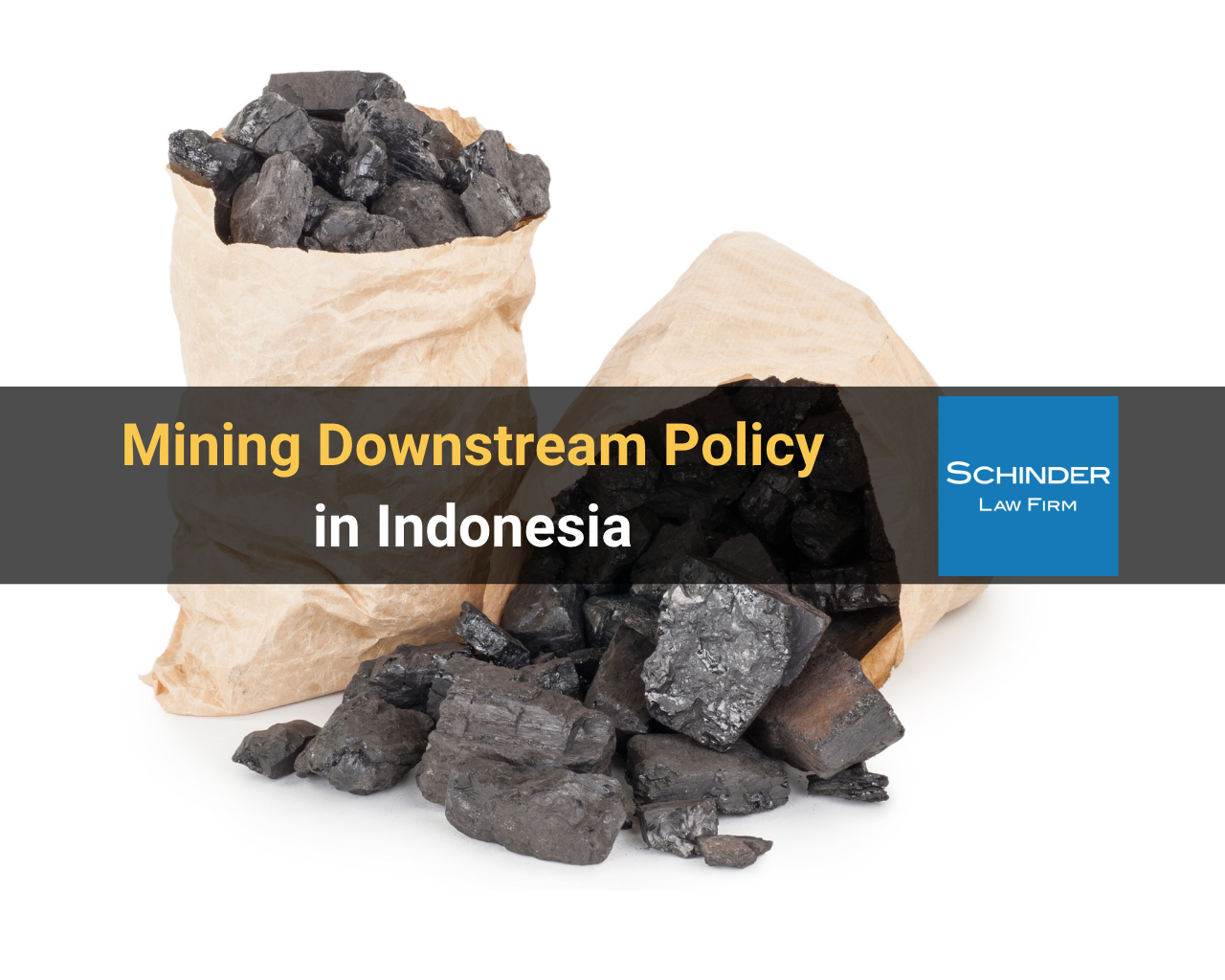
Mining Downstream Policy in Indonesia
Feb 16, 2023
Indonesia is blessed with an abundance of natural resources in the form of mineral commodities such as copper, tin, nickel, bauxite, iron, etc. To maximize the state's revenue, business actors are allowed to export these commodities and the Indonesian Government, through regulation in Indonesia, has consented to a downstream mining policy.

Mandatory Annual Mining Activity Report in Indonesia
Feb 08, 2023
Each and every company is required to tally up their business activity annually for the purpose conveying data and information about their company's activities. Article 178 of Indonesian Government Regulation No. 96 of 2021 regarding Implementation of Mineral and Coal Mining Activities ("GR 96/2021") states that the holder of a Mining Permit or Izin Usaha Pertambangan (IUP),..
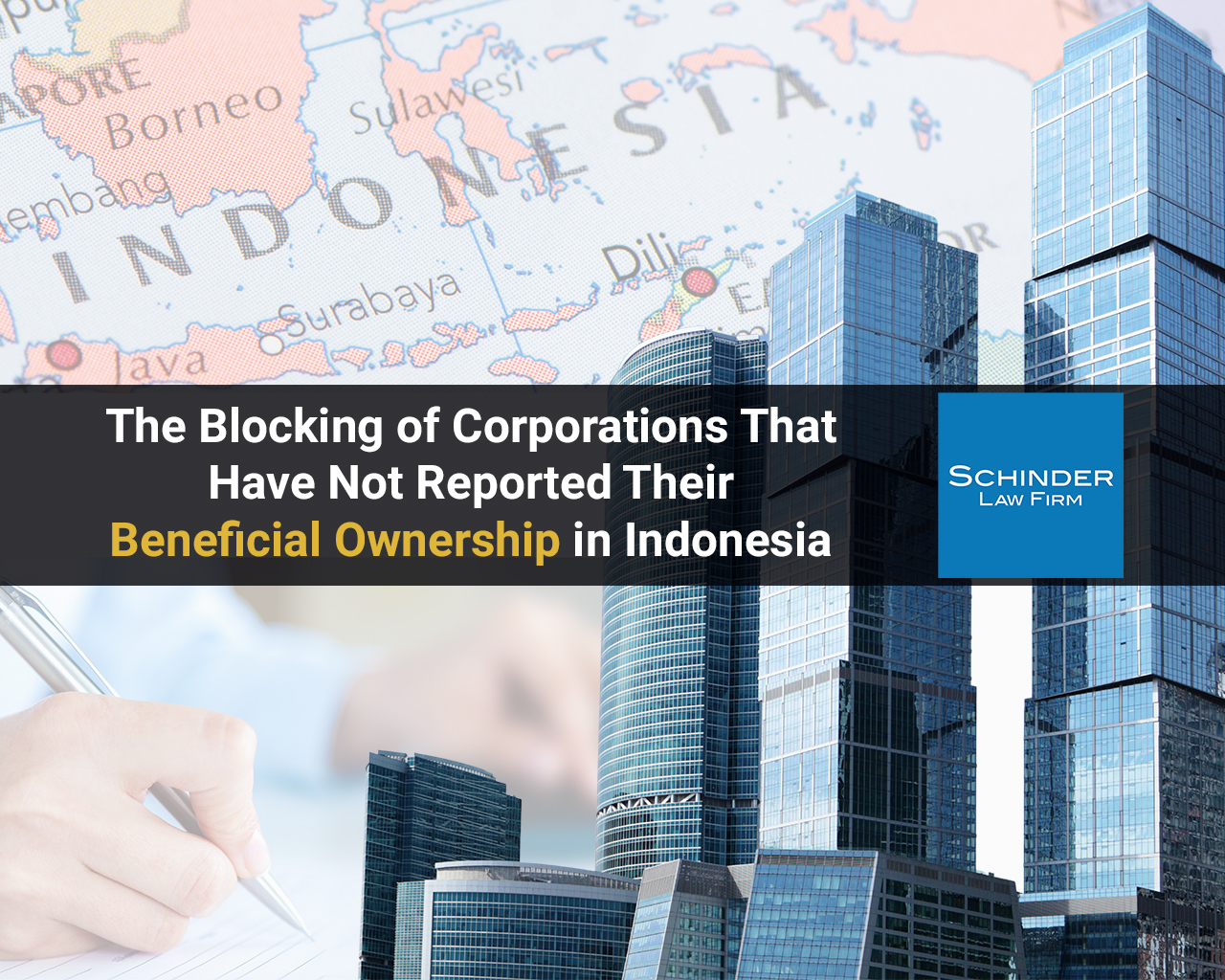
The Blocking of Corporations that Have Not Reported Their Beneficial Ownership in Indonesia
Feb 01, 2023
According to Presidential Regulation No. 13 of 2018 regarding the Implementation of the Principles of Recognizing Beneficial Ownership of Corporations to Prevent and Eradicate the Criminal Acts of Money Laundering and Terrorism Financing ("PR 13/2018"), each corporation is required to determine the Beneficial Ownership ("BO") of the corporation.
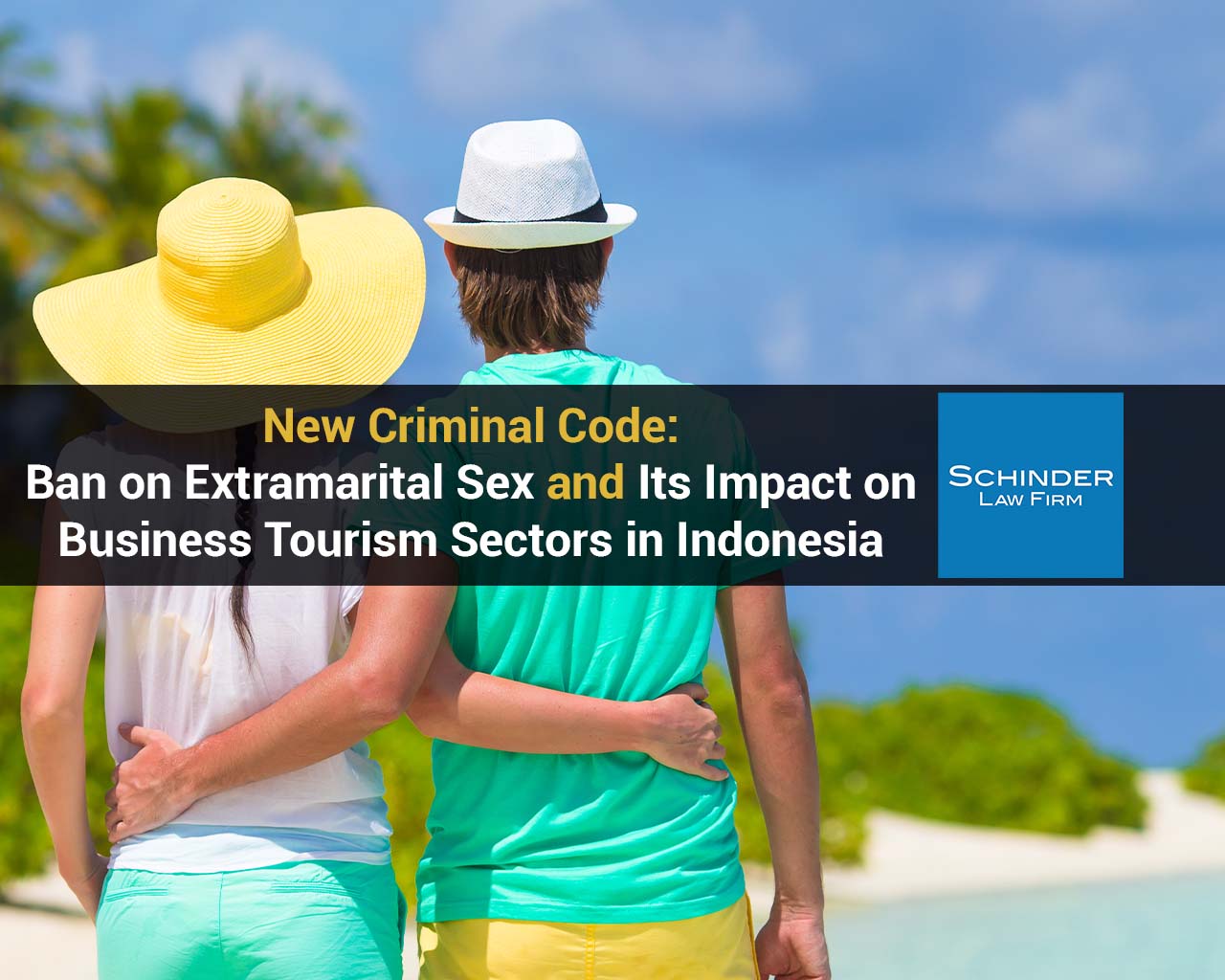
New Criminal Code: Ban on Extramarital Sex and its Impact on Business Tourism Sectors in Indonesia
Jan 26, 2023
The law in Indonesia is dynamic and open for recodification, actualization and harmonization to local culture and customs. On 5th December, Indonesian lawmakers passed a new criminal code, heavily criticized by foreign news agencies for the ban on extramarital sex. The new criminal codes ("NCC") have led economists to note the potential negative impacts on investment in Indonesia, specifically in the tourism business sector as the law also applies to foreign tourists.
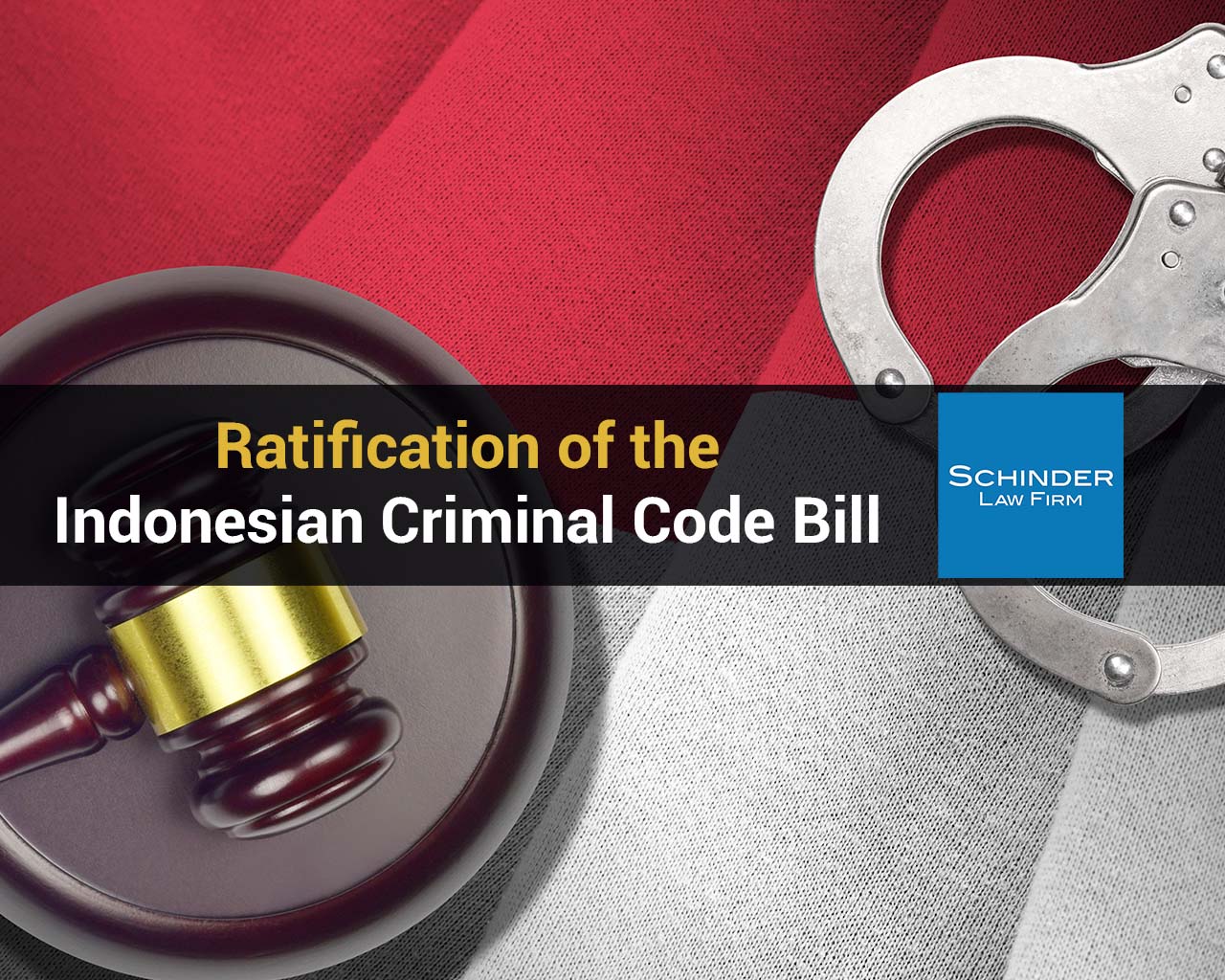
Ratification of the Indonesian Criminal Code Bill
Jan 19, 2023
The Criminal Code or Kitab Undang-Undang Hukum Pidana (KUHP) is the foundation of the regulation in Indonesia that stipulates criminal acts, originating from Dutch colonial law, namely Wetboek van Strafrecht voor Nederlands-Indie, which has been in effect since 1918. The Criminal Code is a prominent principle of criminal law in Indonesia as the Criminal Code deals with criminal rules, violations and other regulations related to crime.

Replacement of the Previous Job Creation Law in Indonesia
Jan 09, 2023
Law Number 11 of 2020 on Job Creation ("Law 11/2020") was ratified on 2nd November 2020 as the applicable regulation in Indonesia. However, the implementation of Law 11/2020 became ineffective right after Indonesian Constitutional Court ("MK"), through MK Decision Number 91/PUU-XVIII/2020, deemed Law 11/2020 as conditionally unconstitutional. To tackle this concern, Indonesia's government contrived Indonesia Government...
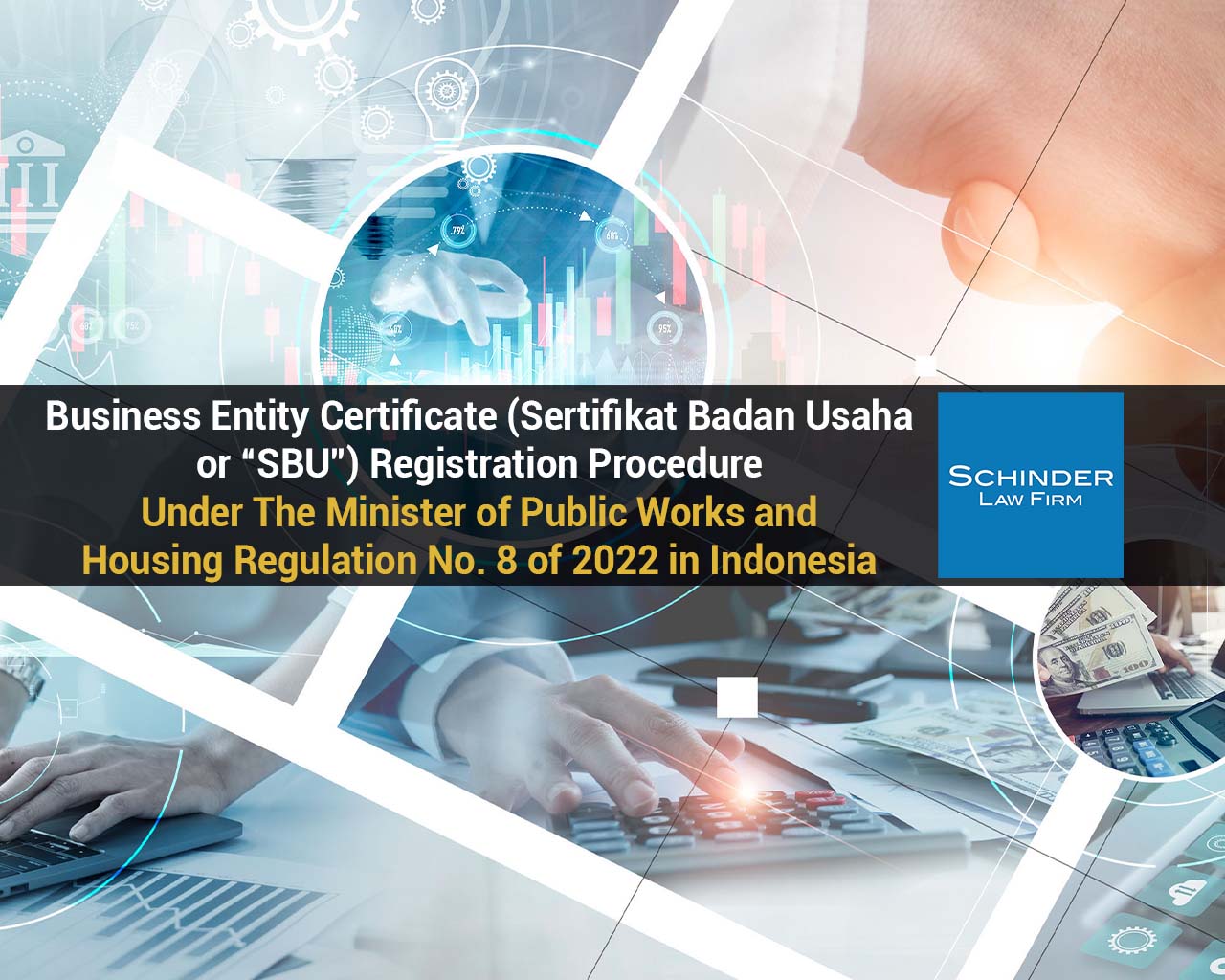
Business Entity Certificate (Sertifikat Badan Usaha Or "SBU") Registration Procedure Under The Minister of Public Works and Housing Regulation No. 8 Of 2022 in Indonesia
Jan 04, 2023
Indonesia's Government strives to optimize licensing procedures for business entities through regulation in Indonesia, so licensing registration can be carried out quickly and precisely. Article 1...